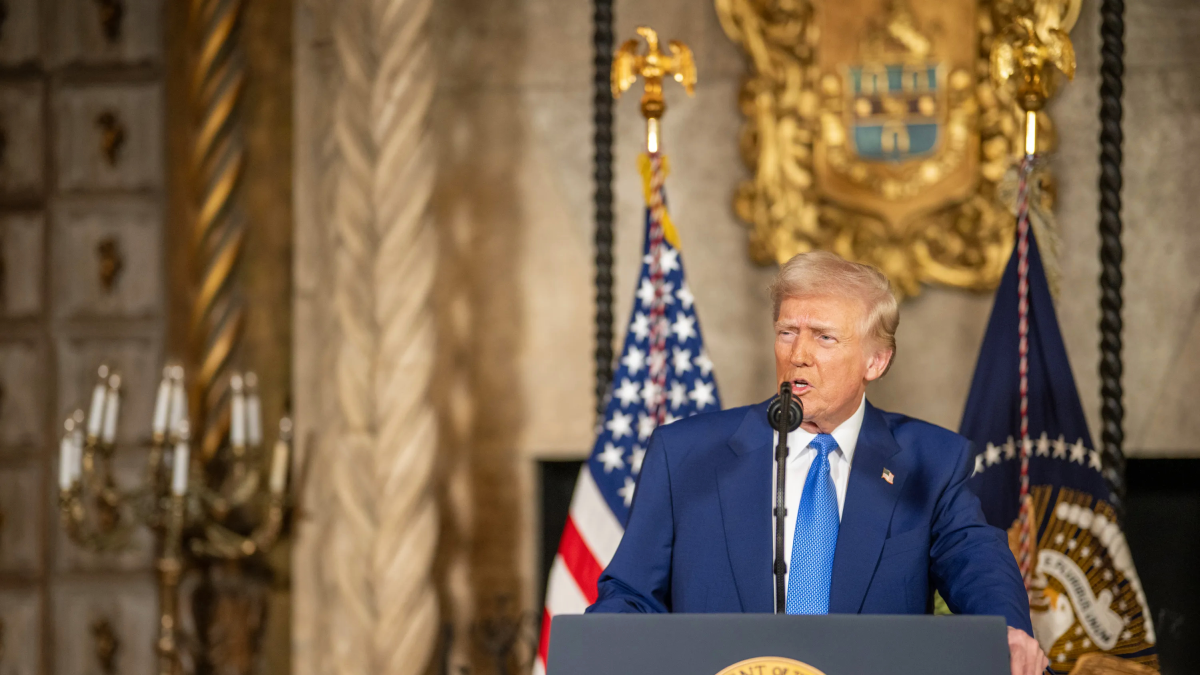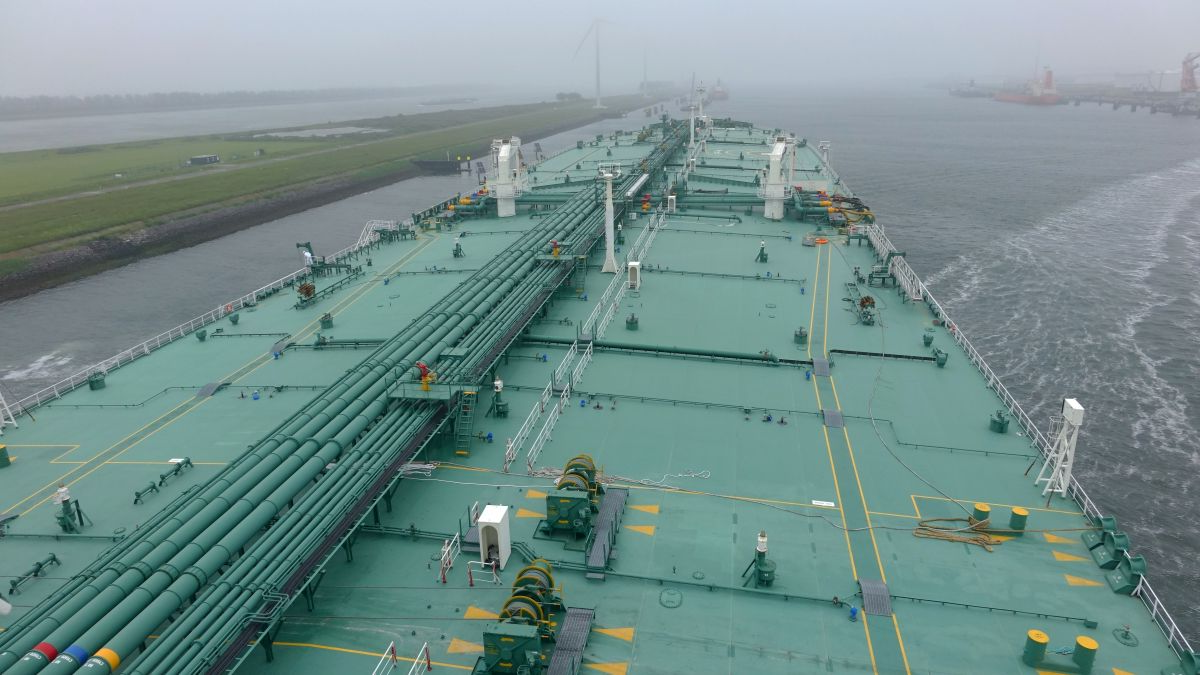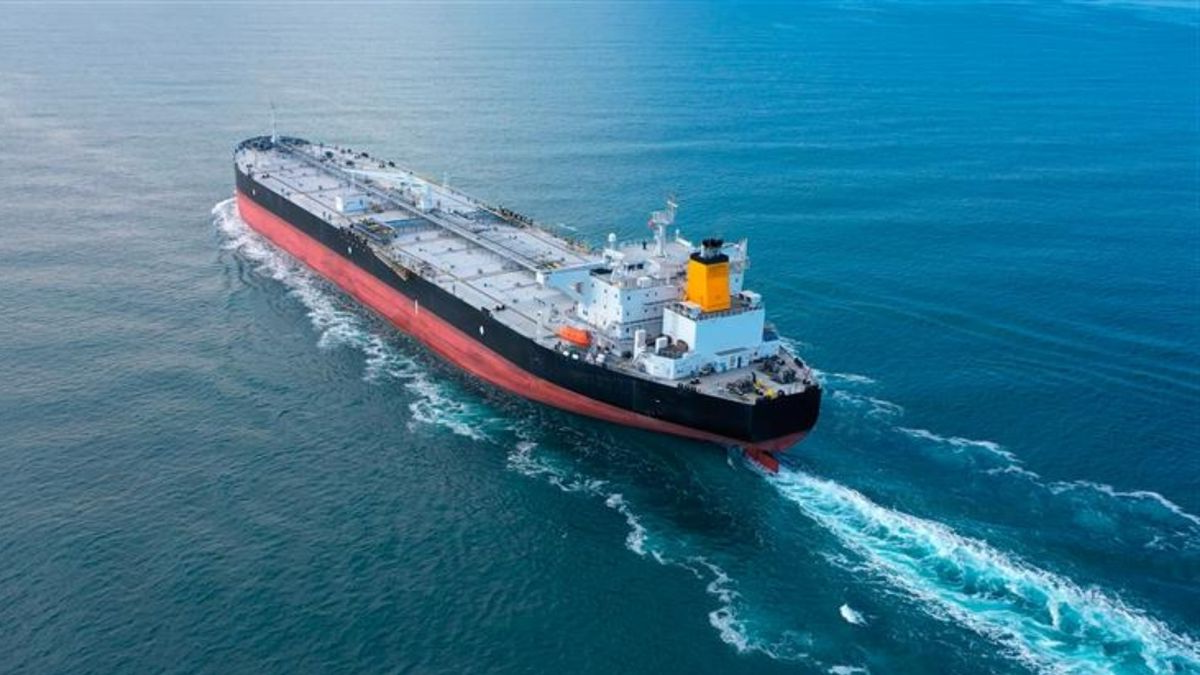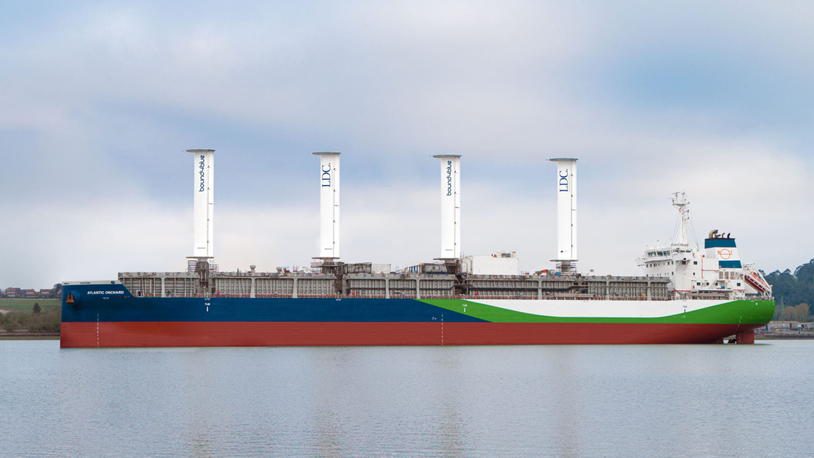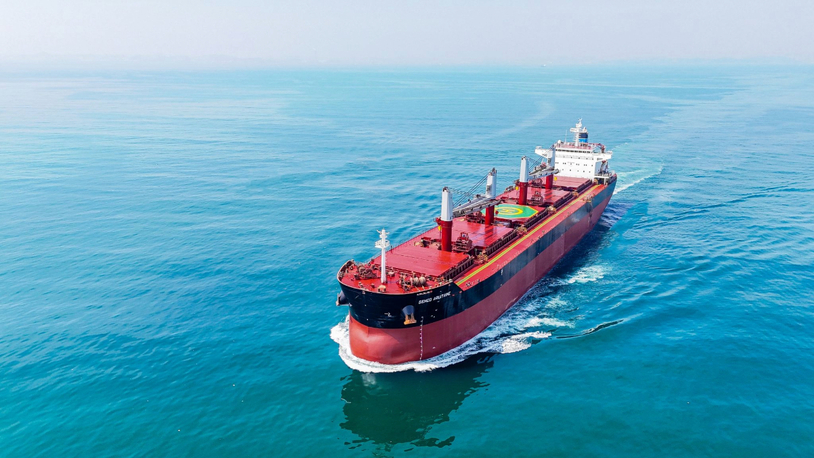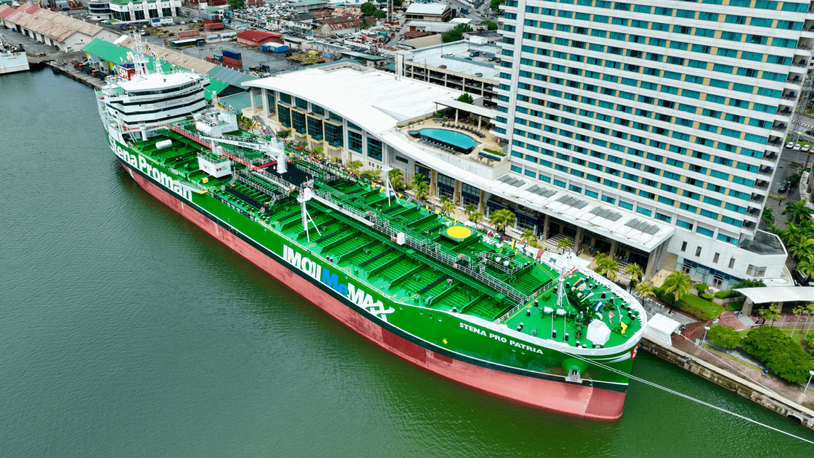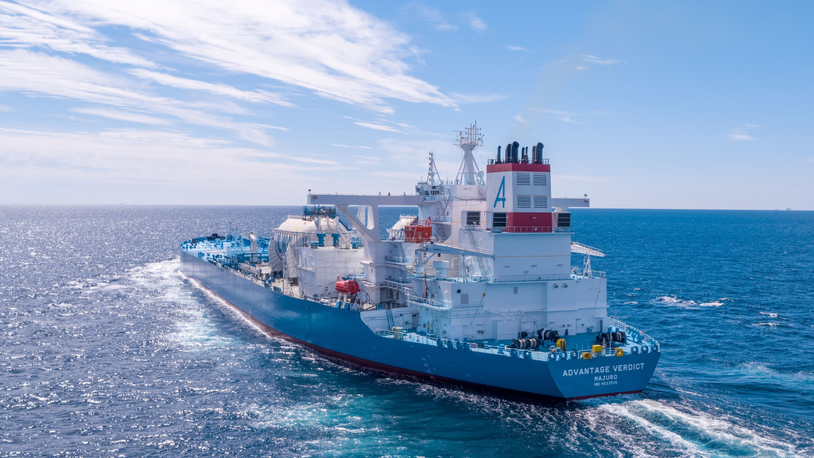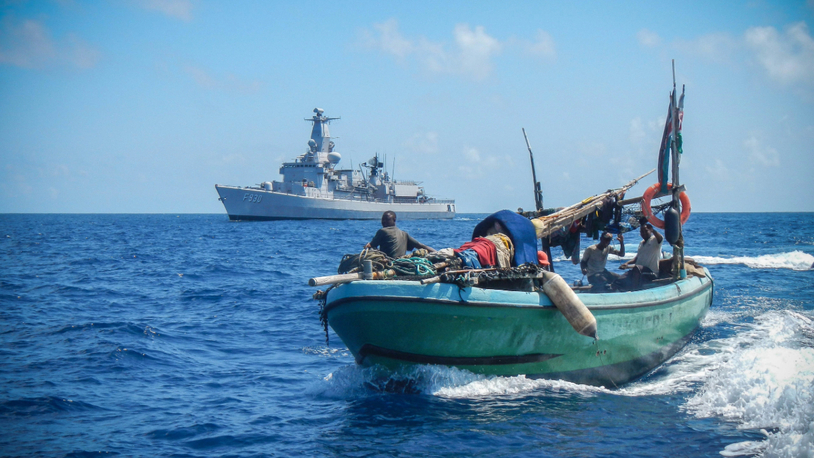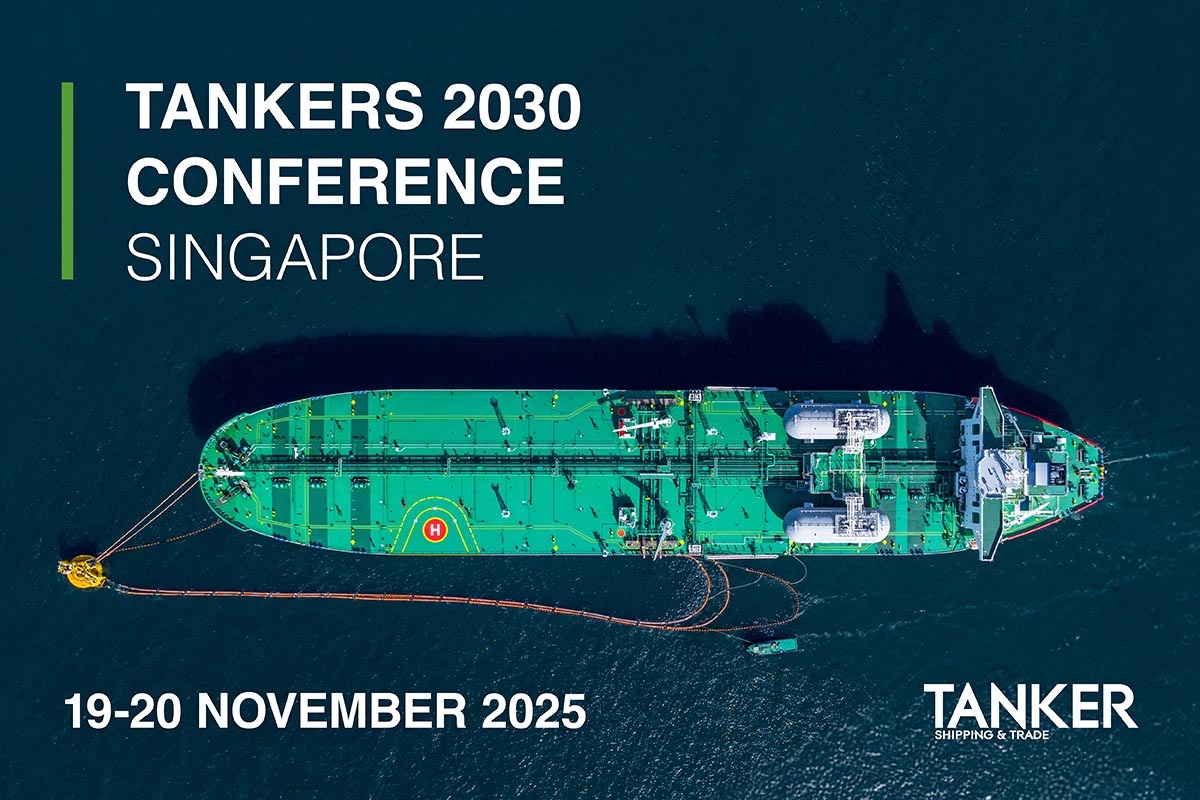Business Sectors
Contents
Register to read more articles.
US policy threatens Greek owners’ tanker dominance
Proposed US port fees on Chinese-built vessels risk upending Greek tanker operations and reshaping global trade flows
Greek tanker owners face an existential challenge from a US proposal to levy port fees on Chinese-built ships — a policy that could jeopardise the viability of fleets reliant on Chinese shipyards and reshape global oil trade flows.
According to data from Xclusiv Shipbrokers, 26% of the Greek-owned active fleet was built in China, while a striking 75% of tankers on order — 216 out of 288 — are currently being constructed in Chinese shipyards. Such dependence places Greek owners in a vulnerable position should the US choose to penalise vessels based on their origin.
“The impact would be enormous”
Olympic Shipping and Management president and chief executive, Ioannis Karageorgiou, warned the impact of excluding Chinese-built ships from US trade would be far-reaching. “It is impossible to exclude the Chinese-built fleet from trade with a single decision. The impact would be enormous,” he said, arguing that US supply chains would suffer, with costs ultimately passed on to consumers.
Mr Karageorgiou pointed out that Chinese yards are responsible for approximately 25% of the global VLCC fleet, 21% of Suezmaxes, 11% of Aframaxes, and 40% of LR2 tankers, many of which are integral to US oil flows. He stated that removing these vessels from US-bound trades would severely constrain capacity, pushing freight rates to unsustainable levels and hurting US economic interests.
The concern is not only operational but structural. Most VLCCs under construction today — about 75% — are being built in China. In the case of Panamax tankers, the proportion reaches 100%. Mr Karageorgiou expressed scepticism about the likelihood of the US implementing the proposal in full, suggesting a more calibrated approach is probable.
The proposal stems from a Section 301 investigation launched by US Trade Representative Katherine Tai, which concluded China’s shipbuilding dominance is supported by state-driven policies that disadvantage competitors. The probe, prompted by five US labour unions, opens the door to retaliatory measures — including port fees targeting Chinese-built vessels.
Gibson Shipbrokers highlighted that over 60% of the global tanker fleet is owned by companies with at least one Chinese-built vessel. Should port fees be tied to fleet composition, the consequences for freight rates, arbitrage economics, and US product pricing could be considerable. Analysts believe that such penalties would initially result in disruption, inefficiencies, and higher US-bound freight rates.
For some, however, the proposal could confer competitive advantages. Harry Vafias, whose group of companies — including StealthGas, Imperial Petroleum, C3is Inc, Stealth Maritime and Brave Maritime — operates 94 non-Chinese-built vessels, sees an opportunity. “We may be the only company in Greece and Europe with a fleet of this size and no exposure to China,” he said.
Mr Vafias foresees the emergence of a two-tier market, where tonnage from South Korea and Japan gains value while Chinese-built ships depreciate. Yet, he acknowledged the cost disparity remains a challenge. “South Korean berths are available, but pricing is considerably higher,” he noted.
As tensions between Washington and Beijing escalate, the Greek tanker community waits for clarity. For now, the prospect of US trade policy altering the commercial landscape remains a source of deep unease.
Related to this Story
Events
International Bulk Shipping Conference 2025
Tankers 2030 Conference
Maritime Navigation Innovation Webinar Week
© 2024 Riviera Maritime Media Ltd.


